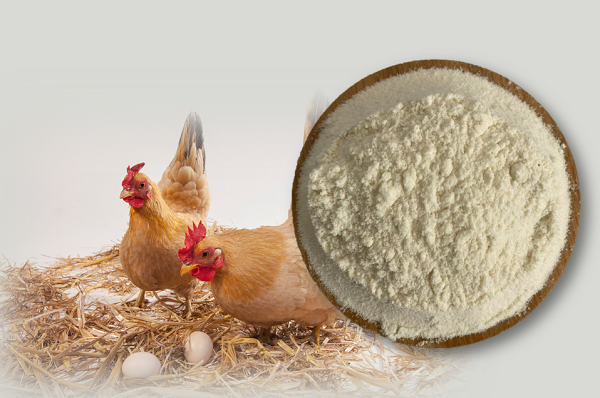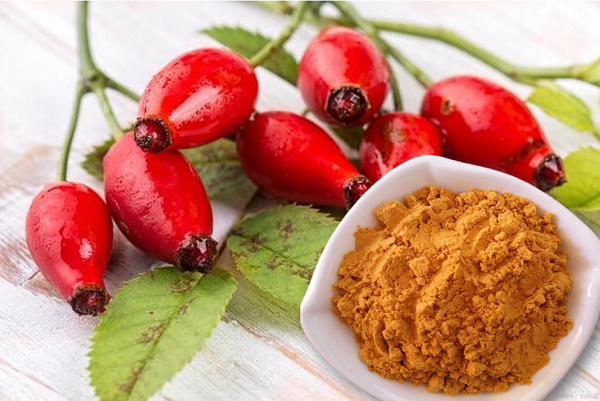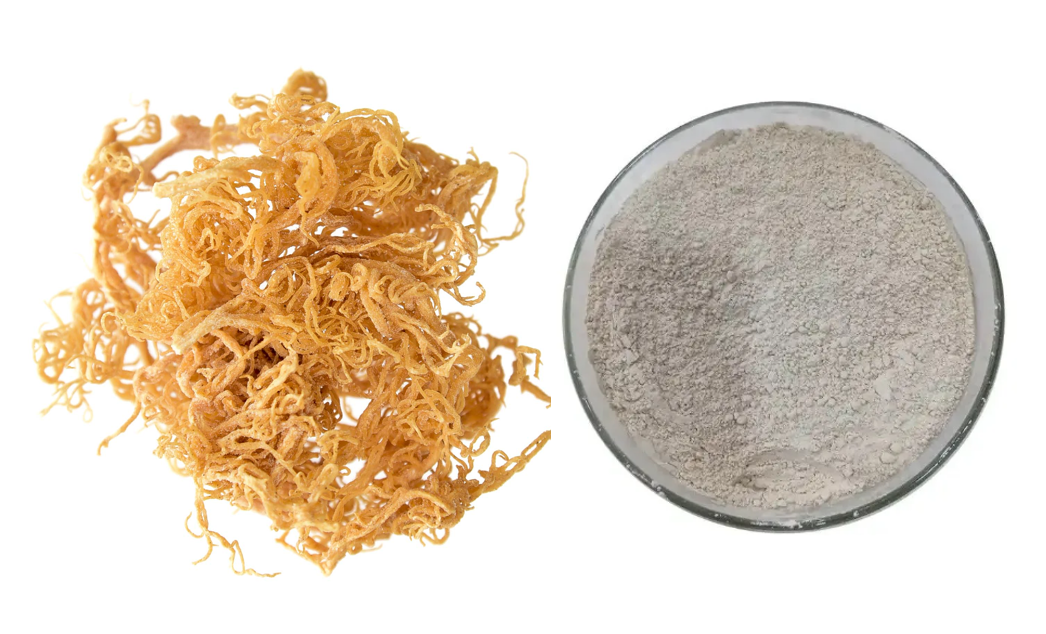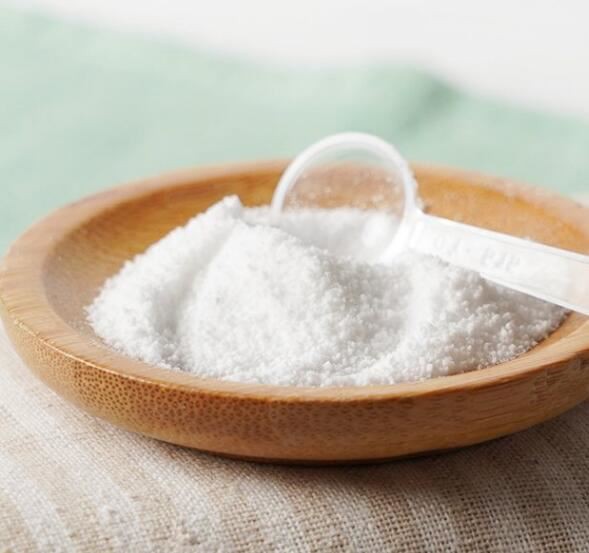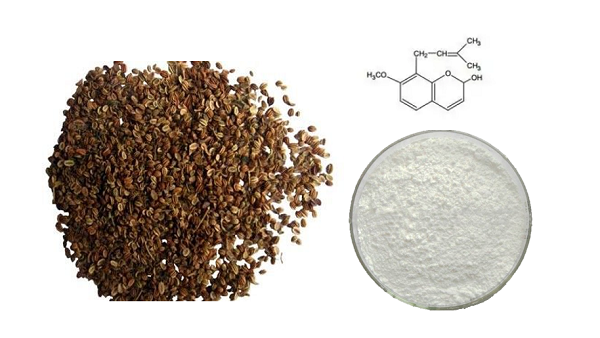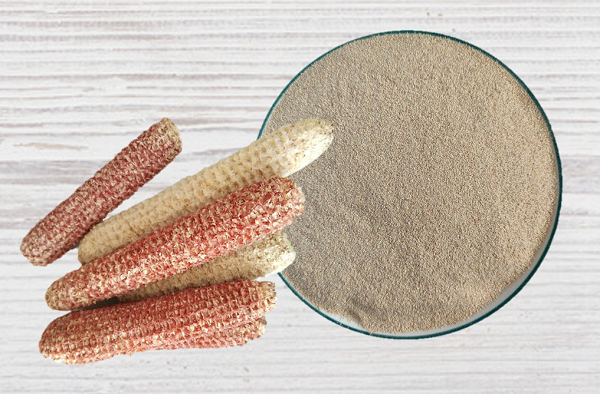Follow Us:
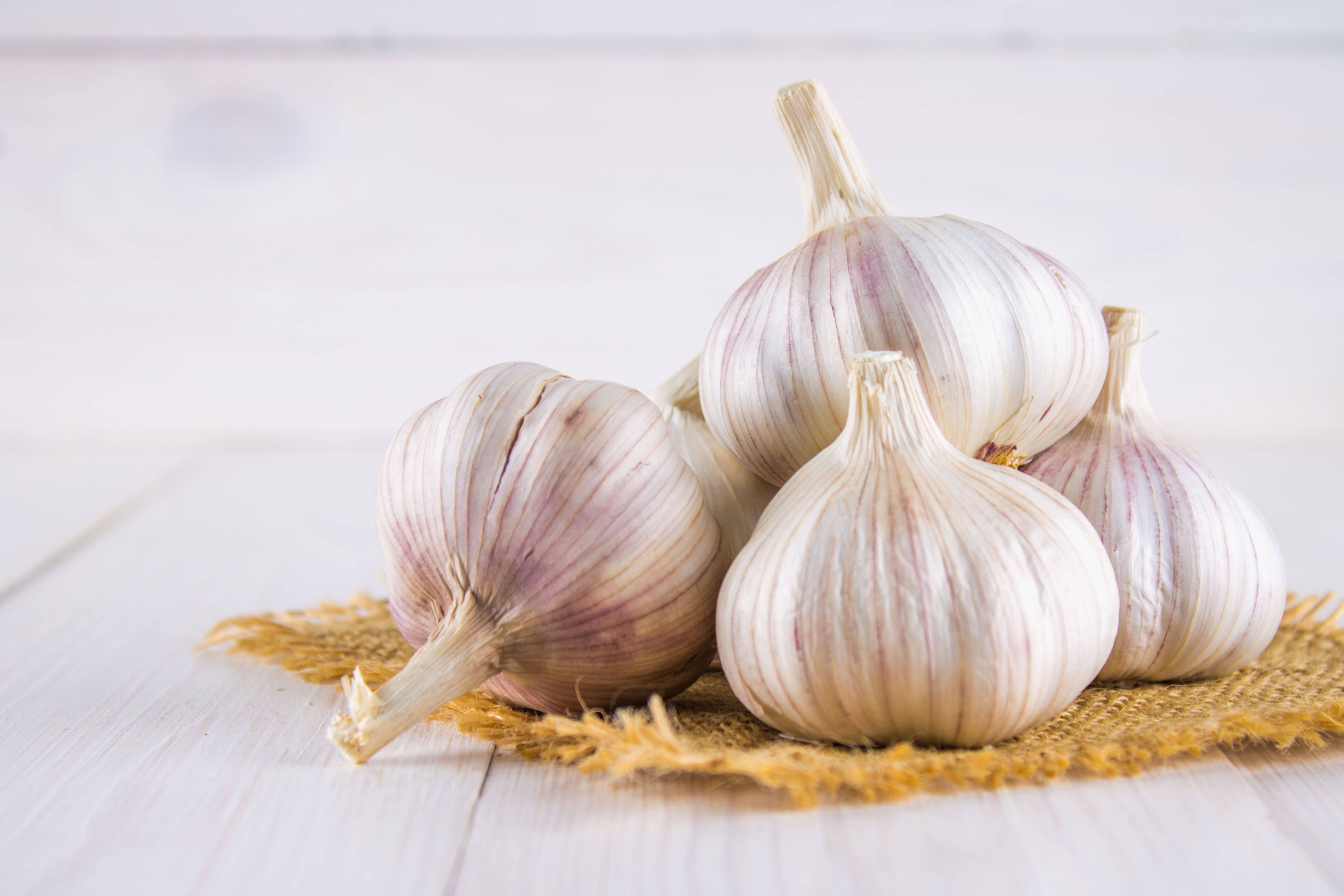
Is Garlic Bad for Cats?
I believe many cat owners will ask, can cats eat garlic? is garlic bad for cats?
Garlic has long been used by humans as a culinary food. In recent years, there has been considerable controversy over whether it is feasible to add garlic to pet food because there is evidence that garlic can cause toxicity at high doses, but the reported toxic dose is about one clove of garlic per 5 kg of animal body weight per day, which is a very high dose. It has been proven that low doses of dried garlic are safe for cats and can also provide some health benefits.
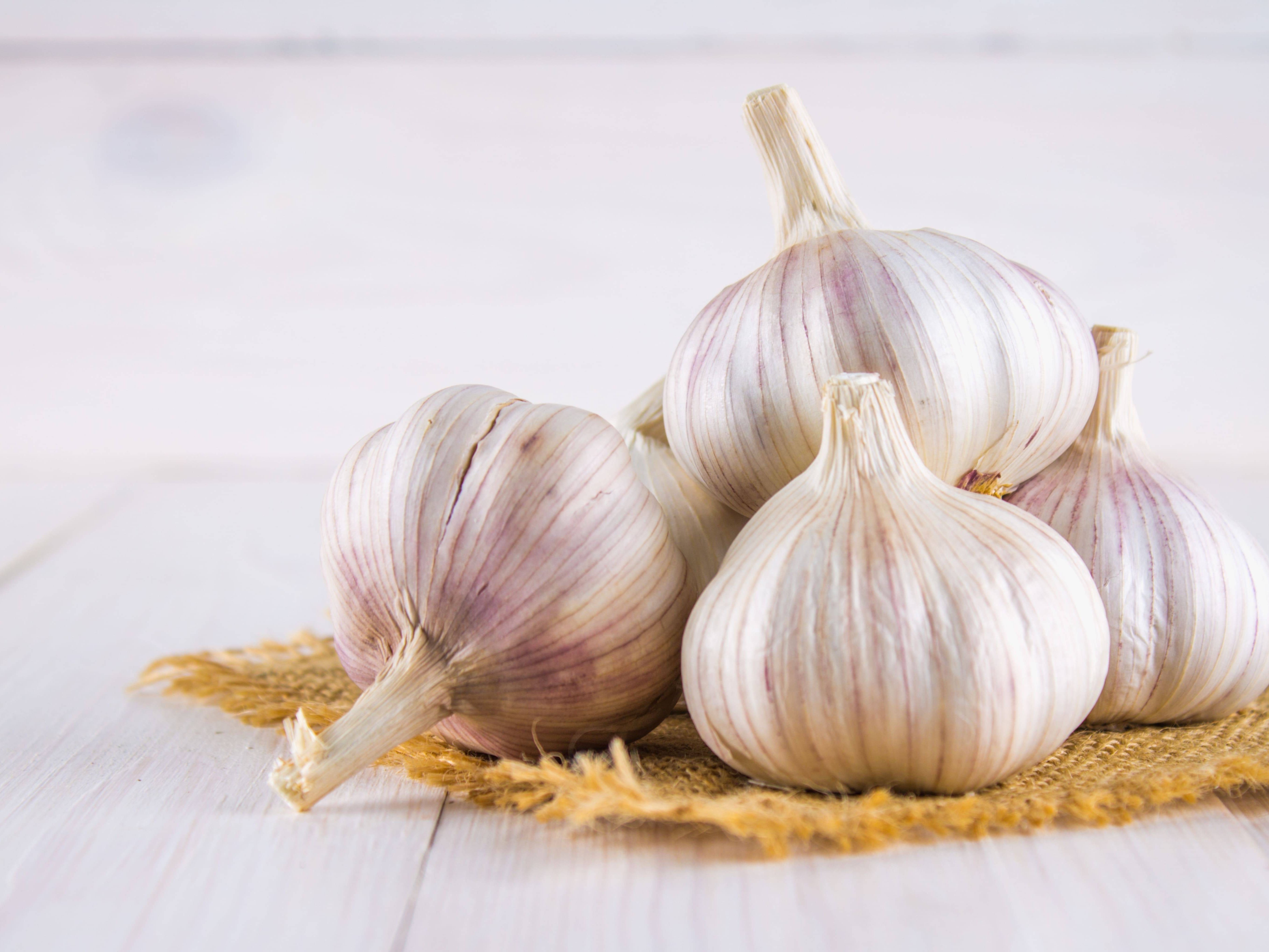
What is Garlic?
Garlic is a bulbous plant from the Allium family, which also includes onions, leeks, and chives. Its scientific name is Allium sativum. Garlic is widely used in cooking for its strong flavor and aroma, and it’s known for its health benefits, including potential antibacterial and antiviral properties.
The bulb consists of individual cloves, which can be used whole, minced, or crushed in various dishes. Garlic has been a staple in many cuisines around the world and is often praised for its ability to enhance the taste of foods, as well as its potential to boost the immune system and promote heart health.
Garlic Active Ingredients
Allicin: This is perhaps the most well-known compound, formed when garlic is crushed or chopped. Allicin is responsible for garlic’s distinct aroma and many of its health benefits, including antimicrobial and anti-inflammatory effects.
Alliin: This is a sulfur-containing compound that is converted into allicin when garlic is damaged (e.g., chopped or crushed).
Ajoene: Formed from allicin, ajoene has antifungal and anticoagulant properties.
Diallyl sulfide: This compound may help in reducing cholesterol levels and has been studied for its potential anticancer effects.
S-allyl cysteine: Found in aged garlic supplements, it is thought to have antioxidant properties and may support heart health.
Vitamins and Minerals: Garlic also contains small amounts of vitamins C and B6, manganese, calcium, and potassium.
What Makes Garlic Toxic?
The toxicity of garlic primarily stems from its content of thiosulfates, sulfur-containing compounds that can be harmful to cats. Unlike dogs, which can tolerate small amounts of garlic without immediate harmful effects, cats are particularly susceptible to these compounds.
When ingested, thiosulfates can damage red blood cells, leading to a condition called hemolytic anemia. This condition occurs when the body destroys red blood cells faster than it can produce them, leading to a range of health issues.
Is Garlic Bad for Cats?
Dried garlic is harmless to cats in the appropriate dosage range, but it is harmful to cats when fresh garlic is consumed or consumed in large quantities.
Symptoms of Garlic Toxicity in Cats
If a cat consumes garlic, symptoms can manifest in various ways. These may include:
- Gastrointestinal Distress: Vomiting, diarrhea, and abdominal pain are common initial symptoms.
- Lethargy: Affected cats may show signs of weakness or fatigue, appearing less active than usual.
- Pale Gums: Anemia can cause the gums to appear pale or yellowish.
- Increased Heart Rate and Breathing Rate: These can indicate more severe reactions and should prompt immediate veterinary attention.
- Loss of Appetite: Affected cats may refuse food or show disinterest in eating.
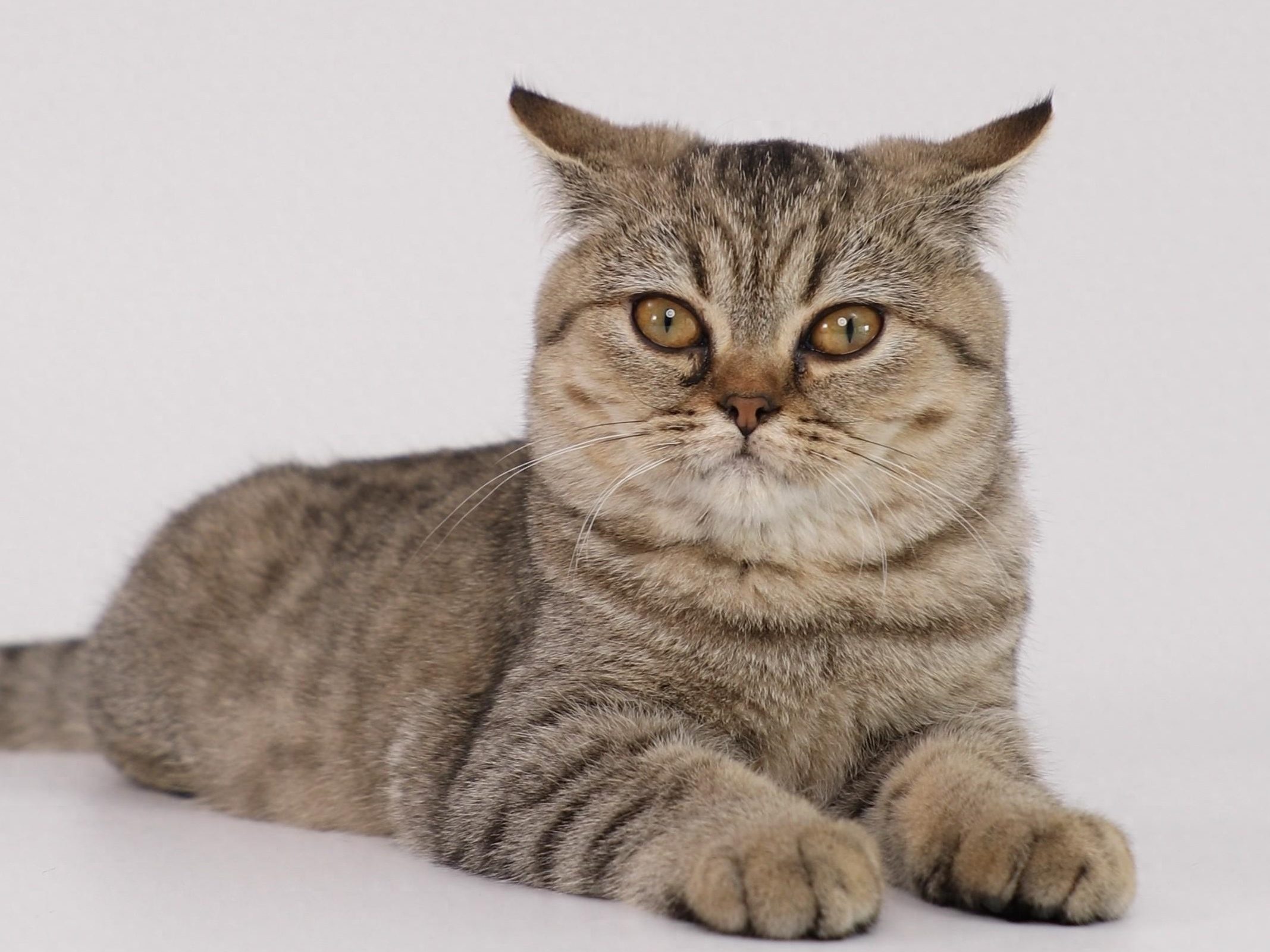
What Should You Do If Your Cat Eats Garlic?
If you suspect that your cat has consumed garlic, it’s essential to take action quickly. Here’s what you should do:
- Assess the Situation: Try to determine how much garlic your cat may have eaten and when. This information will be helpful when consulting your veterinarian.
- Contact Your Veterinarian: Always consult a veterinary professional if your cat has ingested garlic. They can provide specific guidance based on the situation and your cat’s health status.
- Monitor for Symptoms: Keep an eye on your cat for any signs of distress, such as vomiting, lethargy, or changes in behavior. If symptoms develop, seek veterinary care immediately.
- Avoid Home Remedies: Do not attempt to induce vomiting or administer any home remedies without consulting a veterinarian first, as this could potentially worsen the situation.
Garlic Benefits for Pets
Garlic can have some potential health benefits for pets when used in very small amounts, but it’s crucial to approach this carefully. Here are a few potential benefits:
- Antimicrobial Properties: Garlic has natural antibacterial and antifungal properties, which can help combat infections.
- Repellent for Parasites: Some believe garlic can help repel fleas and ticks, though more research is needed to confirm its effectiveness.
- Immune Support: Garlic may help boost the immune system due to its antioxidant properties.
- Digestive Health: It may aid in digestion and promote a healthy gut.
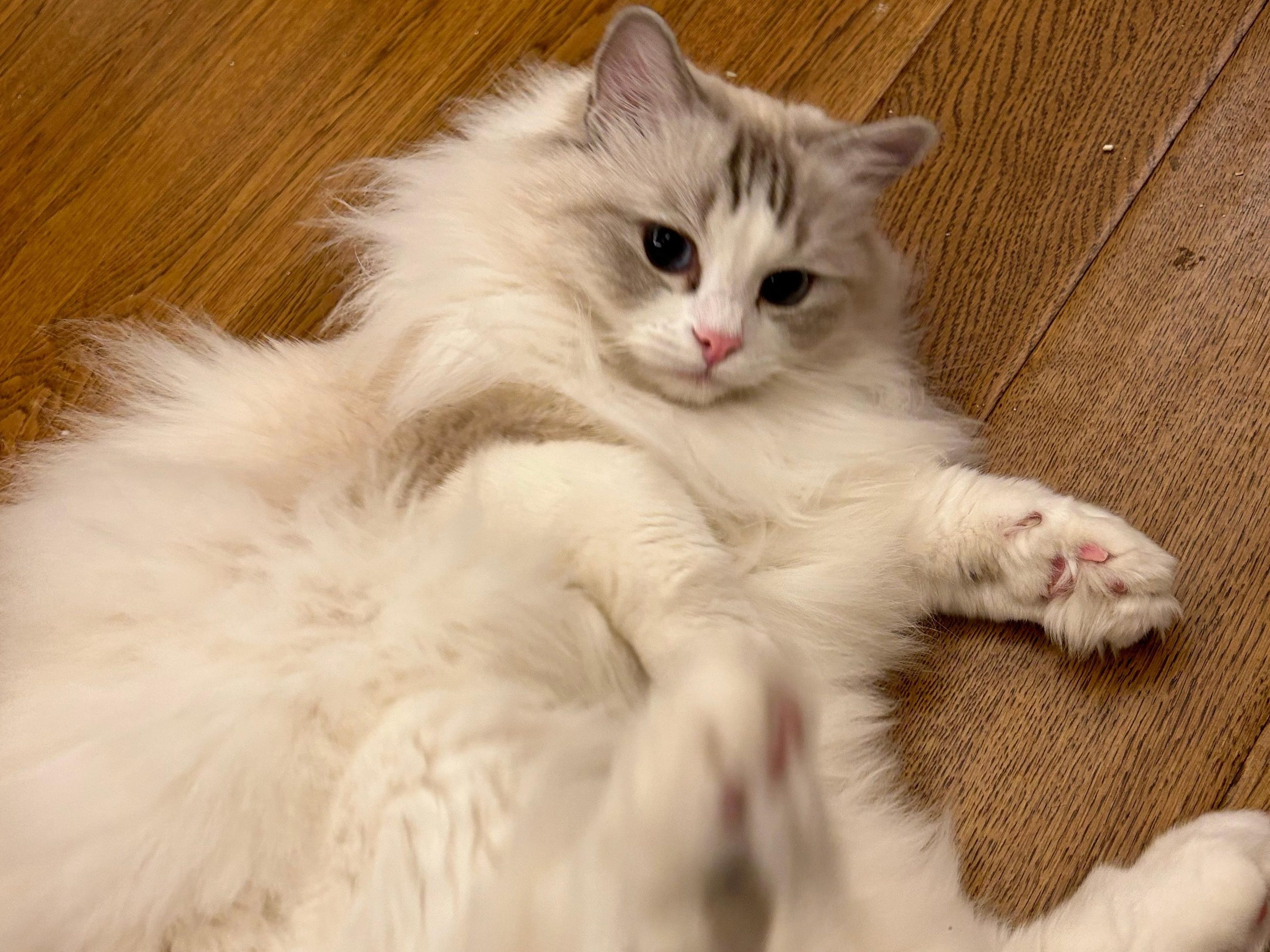
How to Feed Garlic to Pets?
Consult Your Veterinarian: Before considering garlic for your pet, always consult with your veterinarian. They can provide personalized advice based on your pet’s health, size, and dietary needs.
Using pet food containing garlic ingredients: Pet food manufacturers reasonably control the content of garlic when making pet food, and the dosage is safe for pets.
Where to Buy Garlic Powder?
GREEN AGRI is a plant extract manufacturer with 20 years of experience. We specialize in producing high-quality garlic powder for sale. Just send an email to info@greenagribio.com to get bulk garlic powder.
Products Guarantee:
- Have ISO, FDA, HALAL, KOSHER, FSSC22000 certifications;
- Manufacturing Process Optimization;
- U.S Warehouse Service;
- Flexible QC Solution;
- 30% Cost Saving;
- 13 patents.
Service:
- We serve agents, distributors, traders, B2B customers;
- Support for Amazon business, Small business friendly;
- Support sending samples;
- 1-by-1 Product Inspection;
- Support COA Request;
- Competitive Prices.
Conclusion
Educating yourself about pet nutrition and being aware of the dangers of certain foods will empower you to provide the best care for your beloved feline companion. Always prioritize their safety and well-being, If you’re looking for ways to keep your cat healthy, it’s always a good idea to stick to foods specifically made for cats, and consult your vet if you’re ever unsure about what foods are safe.
Reference:
https://greenpet.com.au/using-garlic-in-dog-cat-food/
https://lortsmith.com/need-help-now/cat/poisons-toxins/toxic-foods/garlic/













